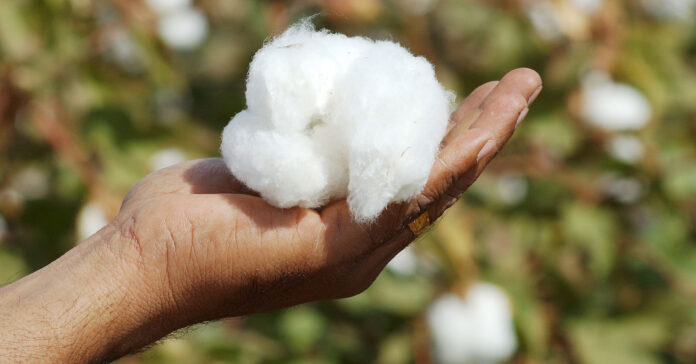ISLAMABAD: Pakistan’s cotton industry is teetering on the edge of a full-scale crisis, with policymakers coming under fire for neglect and ineffective strategies that have severely impacted the country’s agricultural backbone and textile sector.
The unchecked influx of duty-free cotton and yarn imports has created a challenging environment for farmers, ginners, and the entire textile value chain. Industry experts warn that this unchecked trend could result in a crisis akin to the ongoing wheat debacle.
Ihsanul Haq, Chairman of the Cotton Ginners Forum, highlighted parallels with the wheat sector’s turmoil earlier this year. The government’s failure to procure wheat from farmers at the official rate of Rs3,900 per 40 kg and the subsequent market crash left farmers and millers in financial disarray. Wheat now sells for an average of Rs2,800 per 40 kg, causing significant losses across the supply chain.
A similar scenario is unfolding in the cotton sector. Haq noted that an 18% sales tax on domestic cotton and yarn purchases, combined with duty-free imports, has led to record-breaking import figures.
According to Federal Bureau of Statistics (FBS) data, Pakistan had imported 800,000 bales of cotton and 450,000 bales of yarn as of October 31, with figures rising to 1.1 million and 600,000 bales, respectively, by November 30. Textile mills have signed contracts for another 3.5 million bales, with total imports for the 2024-25 cotton year projected to surpass 5 million bales of cotton and 1 million bales of yarn—marking historic highs.
This surge in imports has brought domestic cotton and lint sales to a standstill. Vast stocks remain unsold in warehouses and ginning factories, resulting in a significant drop in cotton prices. From a recent peak of Rs18,500 per maund, prices have fallen by over Rs1,000 per maund, alarming farmers and industry stakeholders.
“The cotton market is experiencing a decline reminiscent of the wheat collapse,” Haq stated. He warned that diminishing demand for domestic cotton could have catastrophic consequences for Pakistan’s agricultural and industrial economy.
Haq urged Prime Minister Shehbaz Sharif to take immediate action by imposing a sales tax on imported cotton and yarn while removing duties on domestic production. These measures, he emphasized, are critical to reviving the struggling cotton industry, supporting local farmers, and preserving billions in foreign exchange.
Without decisive intervention, experts fear the cotton crisis could deepen, jeopardizing one of Pakistan’s most vital economic sectors.























